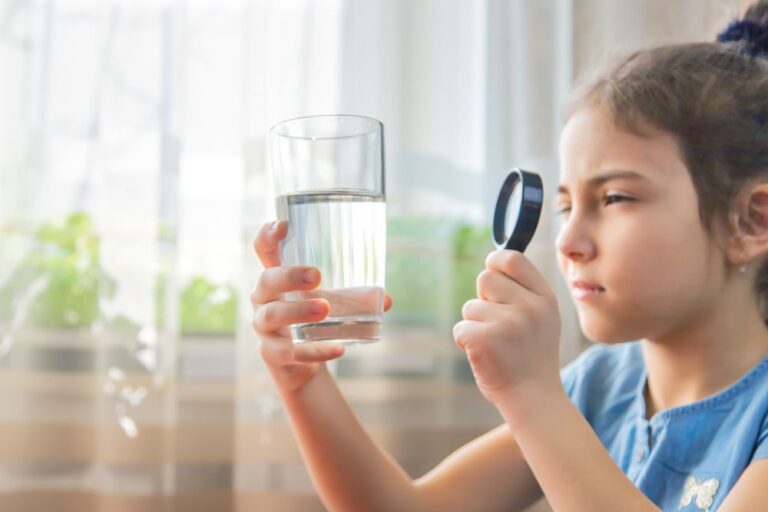Perhaps the first and most important thing to be stated about dehydration is that it is sneaky. Indeed, dehydration can creep right up on you when you least expect it, affecting your concentration, energy levels, general wellbeing, and mood. Did you know, for example, that once you feel thirsty, this isn’t a sign that you need to drink water to avoid dehydration; when you start feeling that dryness in your mouth, you are already dehydrated. How can you head off this problem then?
Well, obviously, you can simply make a point of drinking water regularly. In fact, before getting on to some of the signs of dehydration that you might be unaware of, it is worth stressing the importance of this single point. You should drink water regularly throughout the day – and enough of it.
Furthermore, if the weather warms up or you are doing exercise, then you’ll need to drink more. This is simply because you are sweating, and therefore losing water. The classic “eight glasses a day” rule is all very well, but it is pretty generalized advice.
Which Water?
There is also the question of what water you should drink to maintain optimal hydration. You might think that water is water (the H2O molecule), but this simply isn’t true. What you hold in your hands when you’re about to gulp down a glass of water is that H2O molecule mixed in with an abundance of other substances, chemicals, molecules, and even living microbial organisms.
That said, you should not consider all these additional substances as contaminants. In fact, many of them are highly beneficial for health, and it is all the different possible “contaminants” in your water that gives rise to the many different water products out there. Synergy Science, experts in water-based health products such as diatomic hydrogen water, recommend hydrogen water as a good way to optimize your water consumption for hydration. Hydrogen water also contains the H2 molecule (pure hydrogen), which is much smaller and can penetrate the blood boundary much more efficiently than just H2O. That means better hydration.
The Better-Known Signs of Dehydration
Before going on to some of the lesser-known signs of dehydration, it is important to quickly refresh the better-known ones as these are important too. As mentioned, one of them is thirst, but this gives you the information too late. You can also examine the color of your urine. If it’s a pale straw color, then you’re all good. Any darker, and you are dehydrated – and more so as the shade darkens.
Lesser-Known Signs of Dehydration
So, dehydration is a crafty menace. Watch out for these lesser-known signs to keep it constantly at bay:
Bad Breath
There is a simple reason why bad breath is a sign of dehydration. Saliva has anti-bacterial properties, but dehydration reduces the saliva you produce. That means a bad smell as less bacteria are killed off in your mouth.
Dry Skin
You would think dehydrated people are always excessively sweaty, but actually dry skin can be a sign of it too. If your skin is less supple and remains tented after being pinched, then that can be a sign too.
Muscle Cramps
Few people know about this one, but muscle cramps can result from overheating in the body, which in turn can result from the body producing inadequate moisture to cool off. If that’s the case, it’s because you’re dehydrated.
Bodily health is fundamentally based on having enough water, and there really is a list of dehydration-related symptoms as long as your arm. The trick is to learn enough of them to be able to recognize this menace as it is sneaking up you – not after it gets you.


Comments are closed.